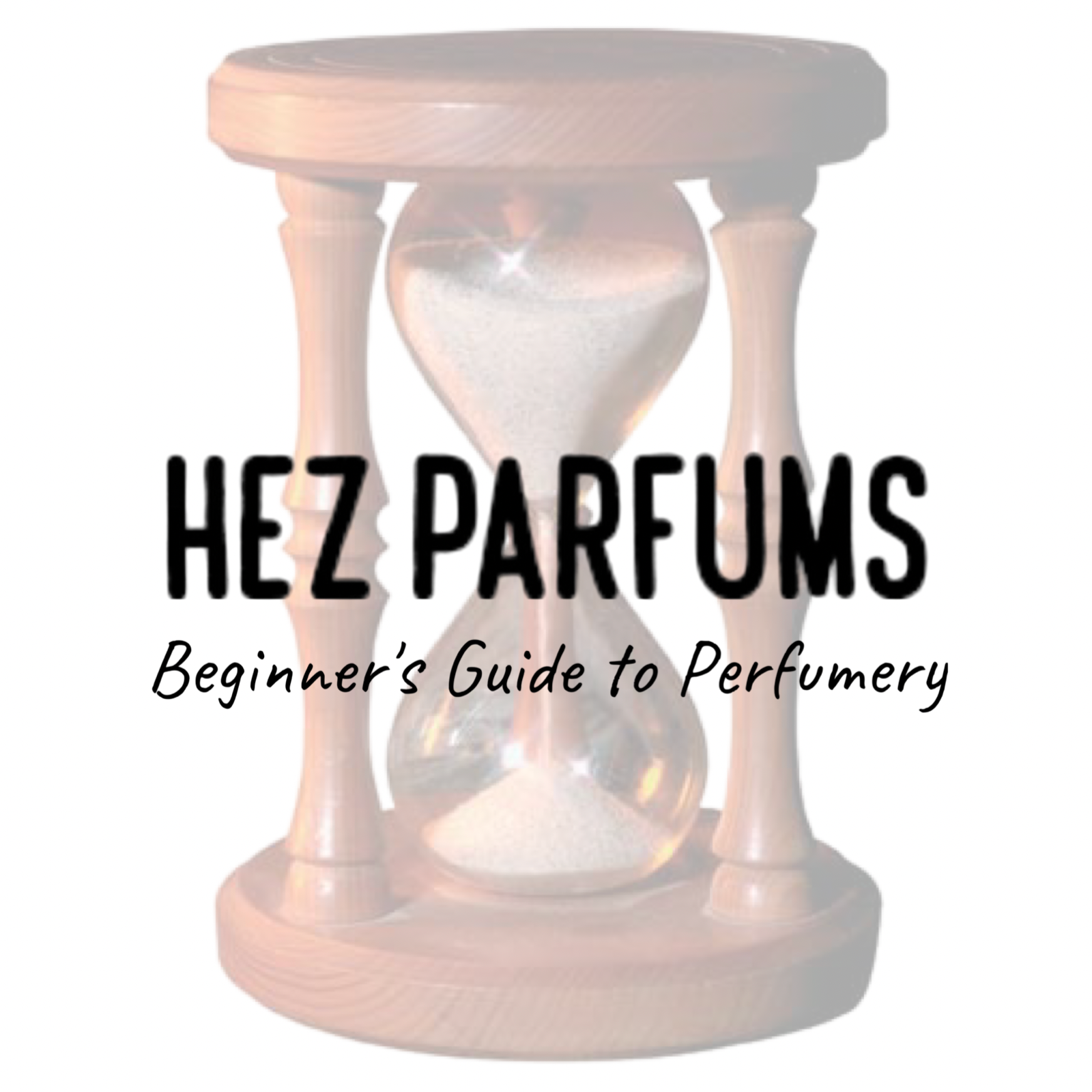Hez Parfums Beginner's Guide to Perfumery 006 - Understanding Maturation and Maceration in Perfumery

Hez Parfums Beginner's Guide to Perfumery 006 - Understanding Maturation and Maceration in Perfumery
The world of perfumery is a fascinating realm where science and art converge to create olfactory masterpieces. Among the myriad techniques used to craft these scents, maturation and maceration stand out as two fundamental processes that shape the final fragrance. Both are integral to achieving the complex and harmonious scents that define high-quality perfumes. Let’s explore these techniques in detail and understand their significance in the perfume-making process.
Maturation: The Art of Aging
Maturation, often likened to aging fine wines or whiskies, is a crucial stage in the perfume-making process. After a perfumer blends various aromatic ingredients, the mixture undergoes a period of rest, known as maturation. This stage allows the perfume to evolve and reach its full potential.
"Perfume maturation is like the aging of a fine wine," says renowned perfumer Jean-Claude Ellena. "It’s about allowing the ingredients to marry and develop a greater depth and harmony over time." During maturation, the fragrance components interact and blend more seamlessly, leading to a more balanced and refined scent profile.
The maturation process involves letting the perfume sit in a controlled environment for a period that can range from a few weeks to several months. This time allows the various notes—top, middle, and base—to integrate and harmonize. "The complexity and nuance of a perfume often emerge during maturation," explains perfume historian Chandler Burr. "What starts as a collection of distinct notes transforms into a cohesive and sophisticated fragrance."
The length of maturation can vary based on the complexity of the fragrance and the desired outcome. Some perfumes may require only a short period to achieve their intended scent, while others benefit from extended aging. The ultimate goal is to develop a scent where all the components work in harmony, producing a fragrance that is rich and well-rounded.
Maceration: Extracting Essence
Maceration is another critical technique in perfumery, particularly for creating natural and high-quality fragrances. This process involves soaking plant materials in a solvent, usually alcohol, to extract their essential oils and aromatic compounds. The essence of maceration lies in its ability to concentrate the fragrant elements of the raw materials.
"Maceration is essential for obtaining the purest essence of plant materials," notes perfumer Bertrand Duchaufour. "It’s the process through which the character and depth of natural ingredients are captured and preserved." In maceration, plant materials such as flowers, herbs, or fruits are immersed in alcohol for a specific period. The alcohol acts as a solvent, gradually absorbing the aromatic compounds from the plant material.
The length of maceration can vary depending on the type of plant material and the desired intensity of the extract. The resulting macerated extract is often potent and rich in aroma, serving as a key ingredient in perfume formulations. "The quality of the macerated extract can significantly impact the final fragrance," explains fragrance expert Luca Turin. "A well-executed maceration process can elevate the perfume, adding depth and complexity."
The Synergy of Maturation and Maceration
While maturation and maceration are distinct processes, they often complement each other in the perfume creation process. Maceration focuses on extracting and concentrating aromatic components from raw materials, while maturation ensures that these components blend harmoniously in the final fragrance.
"The art of perfumery is a delicate balance between extraction and aging," says perfumer Olivia Giacobetti. "Maceration provides the raw material’s depth, while maturation refines and perfects the blend." Together, these processes contribute to the creation of fragrances that are both intricate and harmonious.

In summary, maturation and maceration are essential techniques in the art of perfumery. Maturation refines and balances the fragrance blend, allowing the different notes to integrate and evolve over time. Maceration, on the other hand, concentrates and enhances the aromatic components from raw materials, providing the foundation for a rich and complex scent. Understanding these processes not only deepens our appreciation for the craft of perfumery but also highlights the intricate work that goes into every fragrance we encounter. As you enjoy your next perfume, remember the careful craftsmanship behind it, shaped by the art and science of maturation and maceration.

